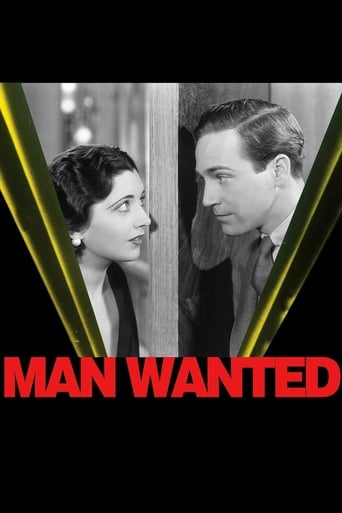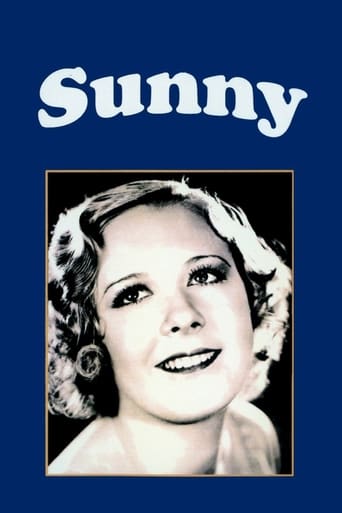


Sunny
A showgirl falls for a society boy but has to win over his family.
-
- Cast:
- Marilyn Miller , Lawrence Gray , Joe Donahue , O. P. Heggie , Inez Courtney , Barbara Bedford , Judith Vosselli


Similar titles
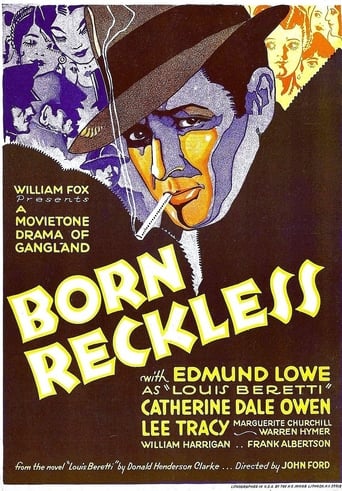
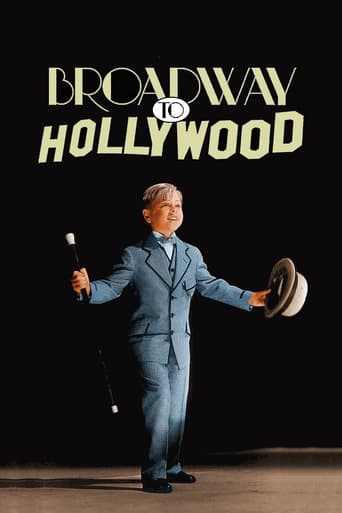
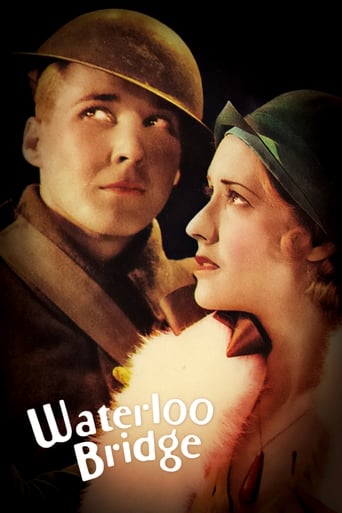
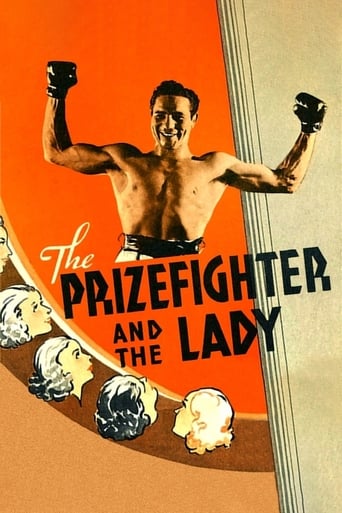
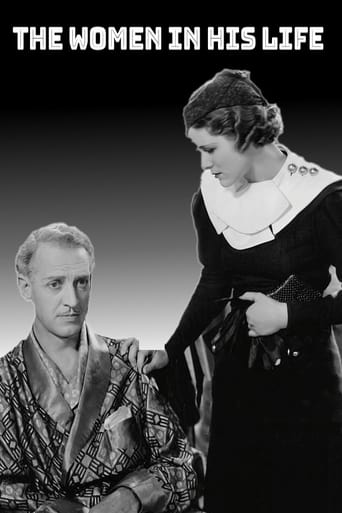
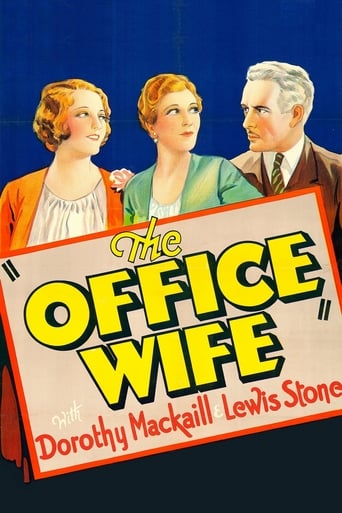
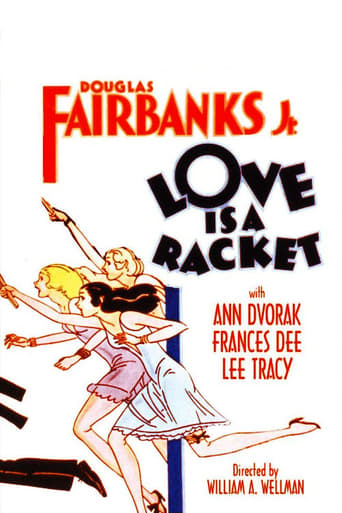
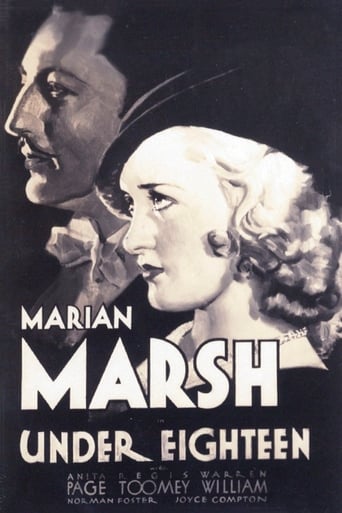
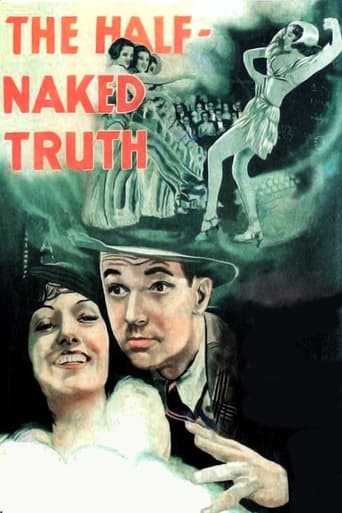
Reviews
Such a frustrating disappointment
I'll tell you why so serious
When a movie has you begging for it to end not even half way through it's pure crap. We've all seen this movie and this characters millions of times, nothing new in it. Don't waste your time.
The film's masterful storytelling did its job. The message was clear. No need to overdo.
This is the closest we'll ever get to seeing the wonderful Marilyn Miller on stage in her role as Sunny. The title song and the memorable "Who" were some of the most popular tunes in the late '20s, as played by George Olsen and His Music (who not only played in the Broadway production but cut a record with those songs on it.) It's rather interesting that WB made this movie right at the end of the musical era: had the stock market crash happened two years later, this might well have been an color production. It was certainly intended to be a blockbuster, and if only for that reason it's worth watching -- to see what constituted "popular" in a different era.
After scoring a hit in First National's top grosser for 1930 - "Sally", there was no question that charismatic Marilyn Miller would be asked to star in her other huge Broadway success of the 1920s, "Sunny". On the stage it opened spectacularly with a magnificent circus, Miller making her entrance in a tutu of gossamer and spangles and riding bareback on a magnificent white horse. After that it was one standing ovation after another and a lot of critics found it superior in every way to "Sally".But something happened to the movie. The bubble had burst since "Sally" had been released and people had cooled towards the musical. Gone was the showy color in which "Sally" had dazzled audiences - it was four times as expensive as black and white to film and it also generated a torrid heat caused by the extra lights so Miller was not at all unhappy to be working in black and white. Another thing, Jack Warner felt the public were sick of long production numbers that slowed the story down and when players broke into song at inappropriate moments so comedy was given more prominence.Sunny (Miller) billed as the greatest bare back rider in Britain is loved by Wendell-Wendell, a typical fuddy duddy Englishman, but she has never forgotten Tom (Lawrence Gray), a boy she knew long ago and with whom she has just become reacquainted through the lilting duet "Who". Knowing that he is sailing that afternoon, Sunny disguises herself as a boy and decides to stowaway. It is clear that there is a heavier influence on comedy here, much more than in "Sally", with gangling Joe Donahue, dithering O.P. Heggie and whiney Inez Courtney. Tom is engaged to snooty Miss Manners (Barbara Bedford) and Sunny, who is in hiding in Jim's (Donahue) cabin makes her feelings known in the plaintive song "I Was Alone" - then with the throwaway line "let's have some fun" launches into a terrific dance of all the different styles of tap she made famous. She is wonderful and adorable and it is easy to see why she had Broadway audiences eating out of the palm of her hand. To help Sunny land in the States without a passport they arrange for her to marry Jim (in a magnificent ship board wedding)- in name only - even though he has left his girl, Weenie (Courtney) back in England. Back in America, Jim gets the gym he has always wanted, Sunny is hopeful of eventually marrying her Tom and together she and Jim do an eccentric dance to "When We Get Our Divorce". Of course things get even more muddled before they are smoothed out and Miller performs the balletic "The Hunt Dance" before Tom comes to his senses and they embrace on the gravel drive.First National spent a lot of money on the sets - the shipboard wedding, the gymnasium and an ornate ballroom for the climatic dance. Marilyn had thought Jack Donahue, who had starred with her on the stage, would repeat his role in the movie version but he was close to death as a result of alcoholism and so his younger brother, Joe, took his place.
Released at the end of 1930 just as the Great Depression began to really hit hard, audiences were no longer in the mood for light happy musicals such as Ms. Miller's first film, "Sally", which had opened just the year before. That film had large helpings of music and really was a fine showcase for Marilyn Miller's dancing. What a difference a year made. People lost their taste for Cinderella stories and for musicals, so First National was forced to remove from "Sunny" what made Marilyn Miller so special - her ability to express herself through dance. What remains is a pretty decent comedy with some cute farcical situations, and Marilyn Miller holds her own. She actually comes across somewhat like a young Irene Dunne in the comedy parts, but if First National had been going for comedy, I doubt Miller would have been the centerpiece in the first place. I'd say you'll really enjoy it if you watch it expecting a romantic comedy of errors punctuated by occasional music and just a little bit of dancing by Miller, but you'll be very disappointed if you loved Sally and are expecting more of the same. Also don't expect to see anybody that you'll remotely recognize other than perhaps Lawrence Gray, who plays the romantic lead opposite Marilyn Miller.The plot is actually rather cute. Sunny is a bareback rider in an English circus who loves Tom Warren (Lawrence Gray), a wealthy American who is planning to return to the states to marry someone from his own station - basically an arranged marriage. He loves Sunny, but realizes it will never work and, furthermore, Sunny gives him no encouragement due to her pride. Meanwhile, her father wants her to marry the owner of the circus - someone Sunny describes as "a fish". Sunny sneaks on board the ship carrying Tom home to America - just to say goodbye - but winds up locked in a stateroom and can't get away before the ship sails. The stateroom is that of the unlucky Jim Denning, who has made a promise to his jealous girl to be true to her until he makes his fortune and can return for her. Sunny is discovered in the stateroom and now has double trouble - a scandal for being discovered in Jim's room, and the fact that she is a stowaway who must return to England as soon as the ship docks in America. Only marriage to an American citizen can fix both problems - but who will be the lucky groom? And that's only the first 45 minutes or so. I'd recommend this one if you like the early talkies and know that this film only qualifies as a musical in the barest of terms.Interesting note about the cast - Joe Donahue, who plays Jim Denning here, got the job primarily because of Marilyn Miller's campaigning for him after Joe's older and famous brother Jack, who was slated for the role of Jim Denning, died. Joe never really went over with audiences and had a very short movie career, but he has had a very long life. Born in 1903, at the time I am writing this, he is still alive at the age of 107.
SUNNY (First National, 1930), directed by William A. Seiter, stars the legendary Marilyn Miller (1898-1936) in her second screen appearance following her motion picture debut as SALLY (1929). Along with SALLY, SUNNY is a reworking of a Broadway play starring Miller which unfortunately did not acquire the same care and production values as her preceding film. Released at the time when musicals were on the wane, SUNNY eliminated most of the original score, leaving much of it, including the title tune, to background music. With a handful of Broadway to Hollywood musicals produced during the early sound era (1929-30), consisting of romantic lovers, secondary "comedy relief" couple, society and character types, situations and misunderstandings leading to song interludes for moderate entertainment, SUNNY is basically more of the same, yet tolerable.Miller plays Sunny Peters, a bareback rider of the Royal Continental Circus in Southampton, England, where "Wendell Wendell's circus was not so good, but loud." An hour before sailing for New York, Tom Warren (Lawrence Gray), an old acquaintance of Sunny during the war, pays her a visit. While Sunny still admires Tom, he's now engaged to débutante Margaret Manners (Barbara Bedford). Sunny's father (O.P. Heggie) has already arranged for her to marry Harold Harcourt Wendall-Wendall (McKenzie Ward), a "fish" whom she doesn't love. In order to keep from marrying Wendall, Sunny, disguised in boys attire, breaks away from the circus and heads over to the dock where she sneaks on board ship that's "five seasick days from New York," taking refuge in the cabin of Tom's pal, Jim Denning (Joe Donahue). Discovered a stowaway, passengers agree to help pay her passage and new wardrobe. As for Sunny's father, who had come to find Sally, has accidentally made his way on board while "waiting for the lady with the money for the dog," and is forced to pay his passage by scrubbing the deck. Because Sunny has no passport and to be sent back after the ship docks, she manages to remain in the states by marrying Jim, with the agreement of divorcing him after-wards so he can be free to wed the love of his life, Weenie (Inez Courtney). For their wedding present, "Jim gets his gym while Sunny's idea was to get rid of her Jim." After Sunny takes part in a society fox hunt at the Pine Crest estate, situations become more complex between her and Tom.While SUNNY originally included the popular songs originated from the Broadway production, what survives in this screen adaptation, by Otto Harbach, Oscar Hammerstein II and Jerome Kern, are as follows: "Oh, Did He Ramble" (sung by Lawrence Gray and friends); "Who?" (sung by Marilyn Miller and Lawrence Gray); "I Was Alone" (sung by Marilyn Miller, reprized and danced by Miller); "When We Get Our Divorce" (instrumental dance by Miller and Joe Donahue); and "The Hunt Dance" (instrumental dance by Miller). Aside from title song not existing in final print, "Do Ya Love Me" (performed by Joe Donahue and Inez Courtney), sometimes credited as part of the movie, is not presented in available prints.SUNNY shows off its theatrical origins with its song numbers, especially during the lively dance sequence of "I Was Alone" where Miller takes center stage tap dancing while the boat passengers observe facing the camera watching her from the back. There are some great moments of comedy, however, especially one gag resembling an latter day Abbott and Costello routine, and another, during a wedding sequence reworked again in MGM's LIBELED LADY (1936) where bride gives a much passionate kiss to the best man instead of the groom.With Marilyn Miller as the main attraction, the supporting players consists of those whose names and personalities are both unfamiliar and lacking film chemistry. One cannot help feeling that the comedic character of Jim Denning, played by the tall Joe Donahue, talking like Ross Alexander with mannerisms of Ray Bolger, might have been more substantial as the leading man instead of Gray, leaving the comedy relief part to Joe E. Brown instead. McKenzie Ward, as Wendall-Wendall, the rejected suitor, lacks originality performing his Claude Allister manner. O.P. Heggie role comes across as something more to the liking of W.C. Fields, considering that as a circus man with a weakness for drinking, but since Heggie's role is limited, it's just as well that Fields didn't assume the part anyway. Fields would enact the role as Miller's father in her final screen performance of HER MAJESTY, LOVE (1931).SUNNY did acquire a 1941 remake for RKO Radio starring Anna Neagle, Ray Bolger, John Carroll and Edward Everett Horton, where much of the original score, including the title tune, were retained. While it musically improves over the original, both screen versions are forgotten and seldom revived.Available for viewing on Turner Classic Movies, the original 77 minute version of SUNNY, suffers from poor audio and slightly faded visuals which calls for restoration process. Other than that, it's a sort of early film musical nice to have around since it consists Marilyn Miller in the role she made famous on the Great White Way.(**).

